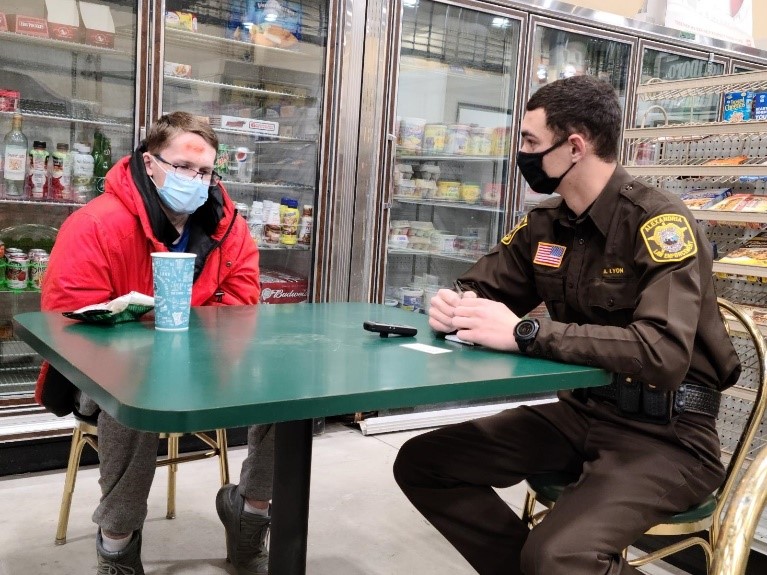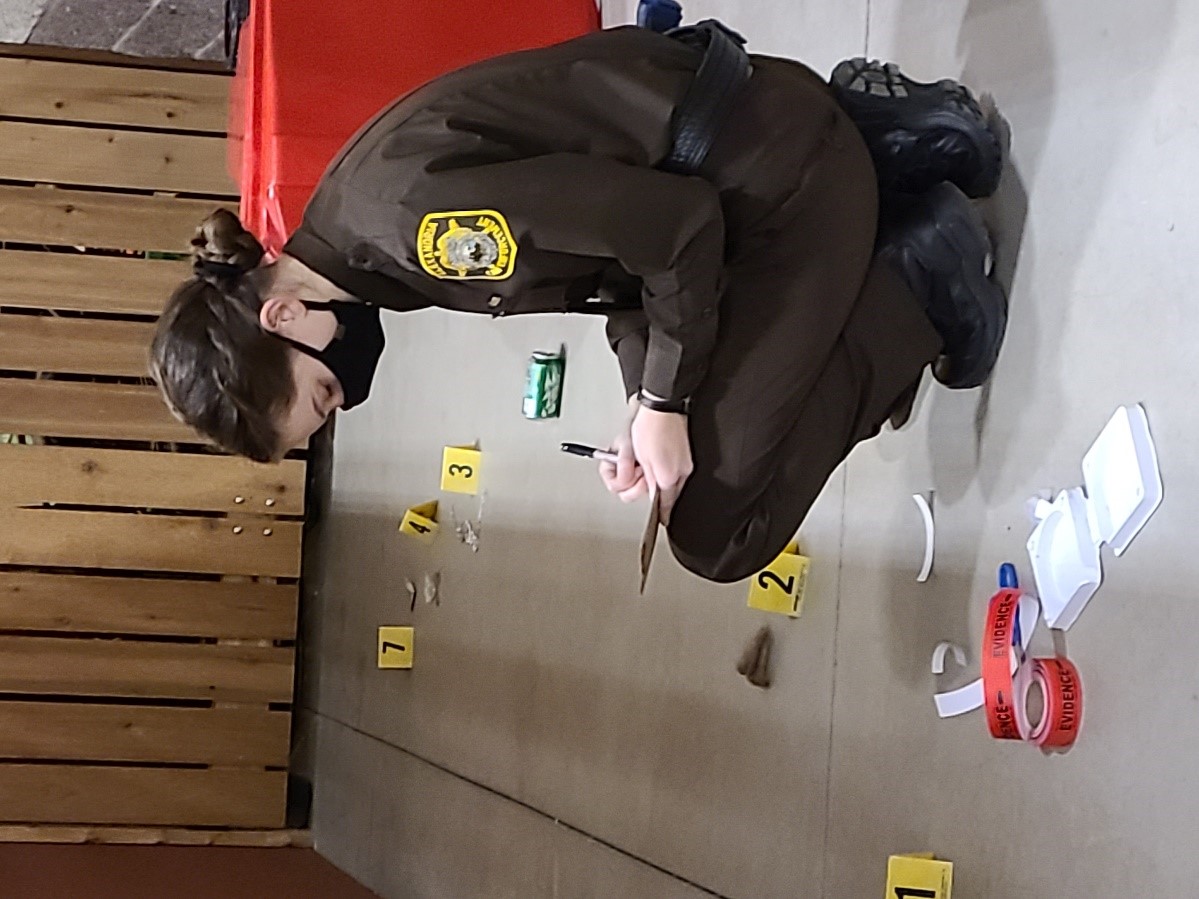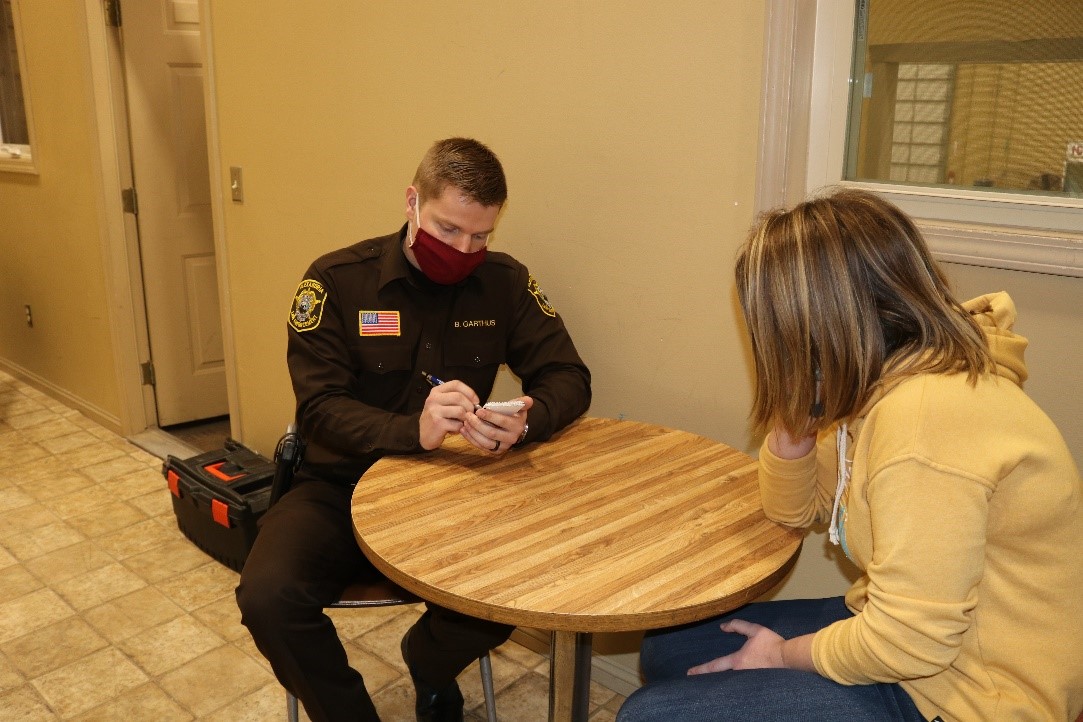Alexandria College launches first-of-its-kind Sexual Assault training for peace officer students
One in six females and one in 33 males have been victims of rape, according to the Rape, Abuse and Incest National Network. Historically many sexual assault cases have gone unreported due to shock, fear or misconceptions, or were not handled thoroughly due to lack of proper training.
In 2019 the Minnesota Board of Peace Officer Standards and Training (POST) adopted new objectives to increase officer awareness of and training for sexual violence cases. These new standards are being implemented in departments across the state. ATCC is the first Minnesota college to embrace these new standards in student training.
Mandi VanOverbeke teaches the new sexual assault lab unit. She noted that this type of training, while uncomfortable for many students, gives them perspectives they may not have otherwise.
“For many of our students, this was a real eye-opener,” she said.
The first lab unit, offered spring 2021, included evidence identification and collection, interviews with the victim, and thorough reporting. Each student was assigned one of six staged crime scenes. The crime scenes, which ranged from apartments to alleyways to jail cells, were carefully staged with biological evidence, signs of struggle, notes, and other items.
Each had a unique story and a dedicated actor, which included former students, portraying the victim
“I wish we would have had this training when I was a student here,” said one former student actor.
Sexual assault cases are often delicate and different from other types of investigations. Victims of sexual assault often experience shock or emotional numbness, memory loss, or self-blame. Lab students gained insight into how to properly interview and handle victim trauma through informed questioning.
The key to victim-centered response is assuring the victim that they are not at fault, and that they’re safe and believed. Empathy is key, VanOverbeke said.
“What can we as law enforcement do to help survivors of sexual assault confidently come forward?” VanOverbeke said. “How can we help them through the process? And how can we prepare our students to do the same?”
Through informed questioning students helped victims move through emotional stress to uncover evidence that could aid their cases. They then actively work to connect the victim with individuals and resources who can help them move forward, such as:
- Sexual Assault Nurse Examiners (SANE Nurses). Registered nurses who have completed specialized education in the medical forensic care of patients who have experienced sexual assault or abuse. (International Association of Forensic Nurses)
- Sexual Assault Response Teams (SARTs), who help survivors through the maze of community services available to them, and use the experiences of survivors to improve those services. (NSVRC)
If you or someone you know has experienced sexual assault, resources are available no matter where you live. Call (800) 656-HOPE or visit RAINN.org.
Recent News:
-
SkillsUSA Local Competition Results
February 17, 2026 | 1:29 PM -
Faculty Embrace Equity-Centered Teaching Through Professional Development
February 13, 2026 | 12:49 PM -
Beyond the Classroom
February 10, 2026 | 2:58 PM




